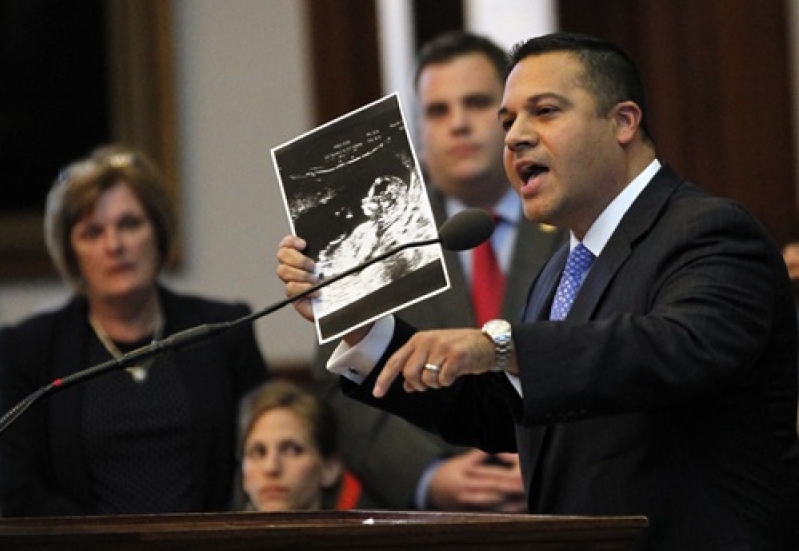
The United States Supreme Court ruled Tuesday that the Texas House Bill 2 provisions which require abortion doctors to have admitting privileges in nearby hospitals are constitutional. Planned Parenthood appealed to the Supreme Court after being defeated in the 5th Circuit Court of Appeals by a unanimous ruling earlier this month
House Bill 2 prohibits clinics from performing abortions on babies after 20 weeks, requires that abortion doctors have admitting privileges in hospitals within 30 miles of clinics, and necessitates that abortion clinics meet ambulatory surgical center standards of care for their patients. The late-term abortion law has had quite a controversial history - from a 12-hour filibuster by Texas Senator Wendy Davis which, when combined with an unruly pro-abortion mob, effectively stalled the bill in the first special session of congress, to being challenged with federal lawsuits by abortion providers once the bill finally passed in the Texas legislature.
Planned Parenthood brought the provision of the bill which requires that doctors have admitting privileges in nearby hospitals to court, claiming that the stipulation was unreasonable and would cause several of their Texas clinics to close. Judge Lee Yeakel ruled in their favor, but her ruling was unanimously overturned when Texas Attorney General Greg Abbott appealed to 5th Circuit Court of Appeals. Planned Parenthood then appealed to the U.S. Supreme Court and lost their battle Tuesday with a 5-4 vote in support of the new Texas law.
The Supreme Court determined that it is constitutional for the state to require House Bill 2's higher standards of health care, even if doing so might "increase the cost of accessing an abortion provider and decrease the number of physicians available to perform abortions." According to Fox News, twelve abortion clinics have already shut down in Texas because they did not meet the new requirements.
While the court case will likely continue until January, the new late-term abortion law is in effect. "Texas is on the verge of a decisive legal Pro-Life victory," says Elizabeth Graham, director of the Texas Right to Life organization. The portion of the bill prohibiting late-term abortions was not challenged in court, they say, and they are celebrating the Supreme Court's decision - "While this ruling could eventually be reversed, in the meantime, abortion clinics will stay closed, which means that pregnant women and babies will be spared from abortion." Planned Parenthood claims that as many as 20,000 women will be prevented from having abortions because of the provisions in House Bill 2.
Governor Rick Perry released a statement Tuesday regarding the U.S. Supreme Court ruling - "This is good news both for the unborn and for the women of Texas, who are now better protected from shoddy abortion providers operating in dangerous conditions," he said - "As always, Texas will continue doing everything we can to protect the culture of life in our state."







